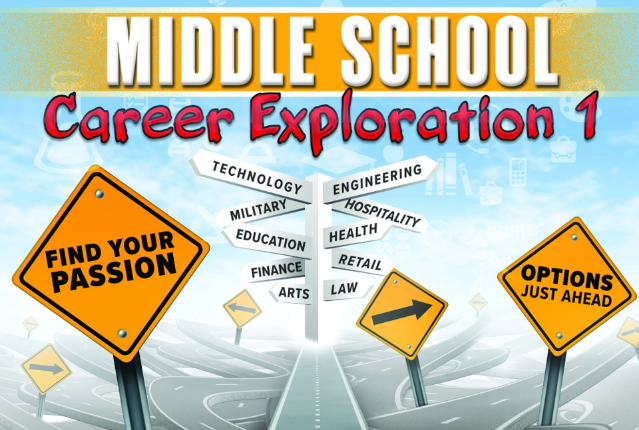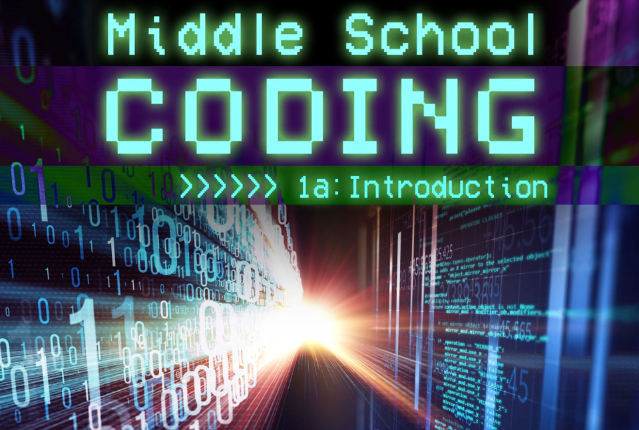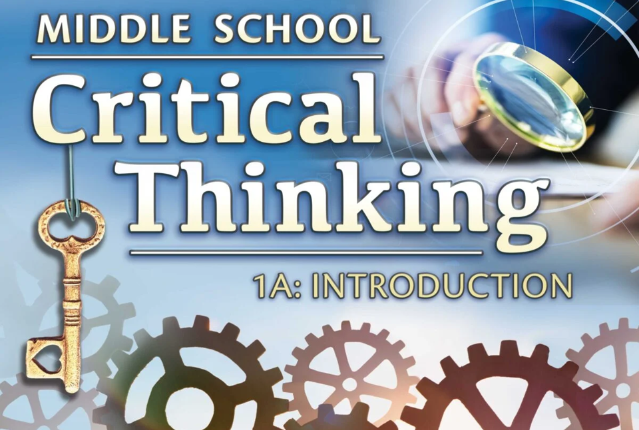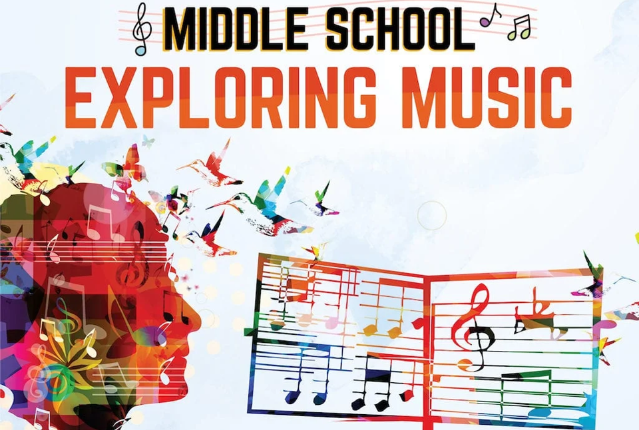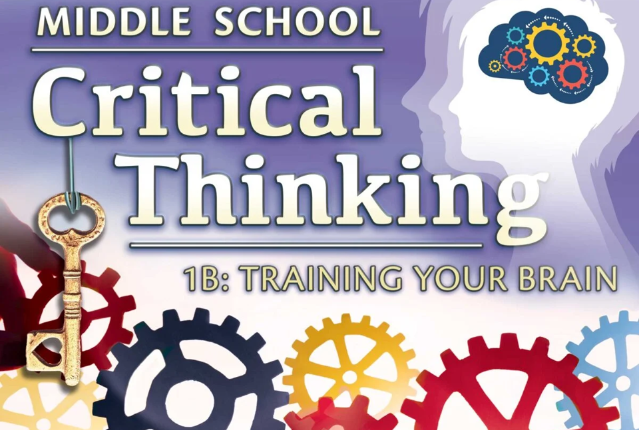
Middle School Critical Thinking 1b: Training Your Brain
You have already learned that critical thinking skills are, well, critical to possess but they’re especially important for you as you are experiencing emotional and physical changes and trying to determine friendships, interests, politics, and more! In this course, you’ll learn more about the foundational skills you need to think logically and critically: observation, evaluation, and analysis. You’ll also learn about things like deductive and inductive reasoning, logical fallacies, verbal and nonverbal communication, components of a debate and debate etiquette, and more. The time has come, let’s get critical!
Review course outlineAccess for a year
USD 299.00*
* Choose more courses to get a discount
